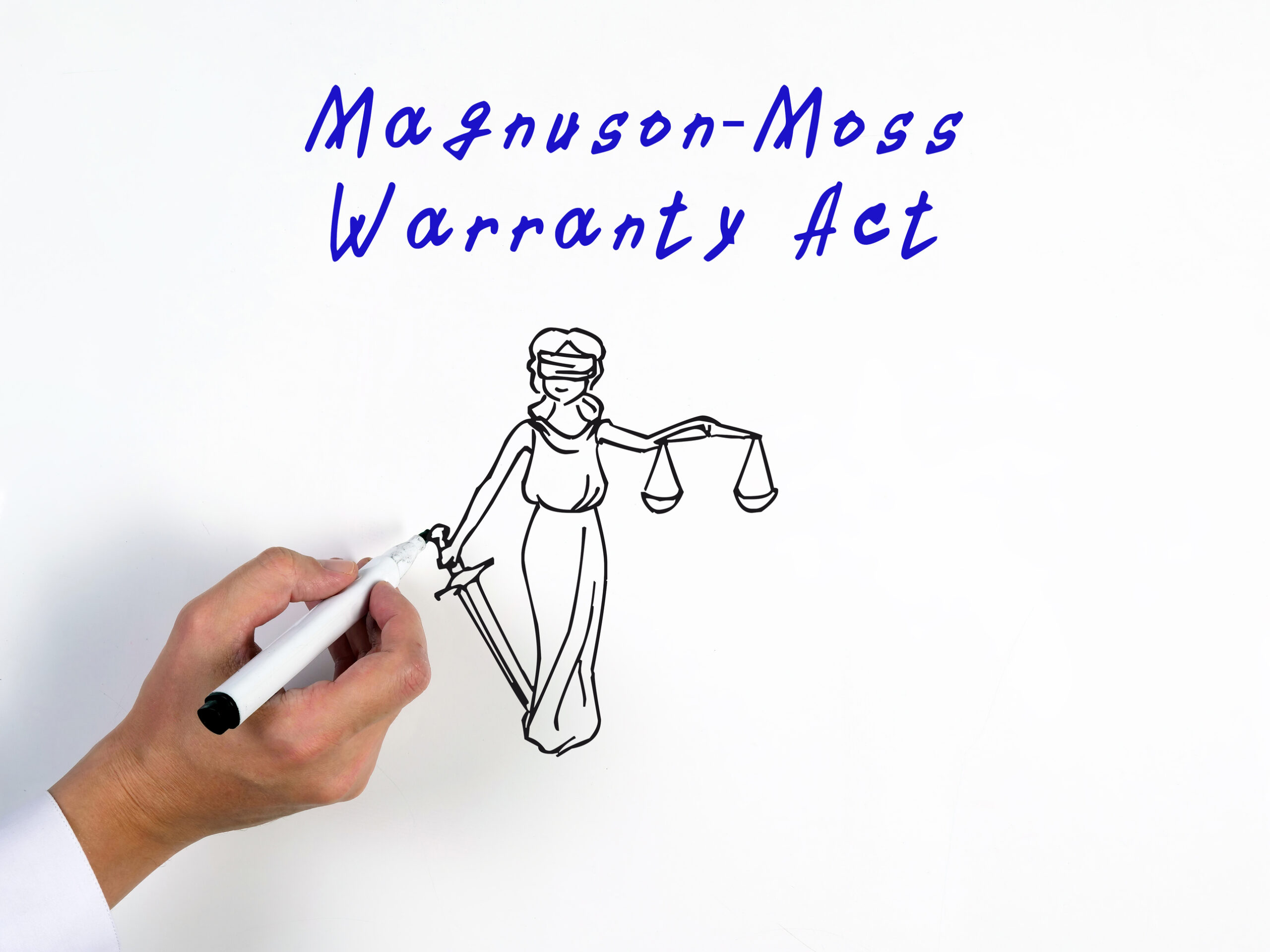Feeling lost in the maze of warranty terms and conditions is a common experience for many consumers. The intricacies of product warranties often leave us uncertain about our rights and protections.
The Magnuson-Moss Warranty Act plays a pivotal role in bridging the gap. It acts when you, the consumer, receive a malfunctioning product soon after purchase. For example, this legislation often applies to lemon law cases.
Join us as we delve into the workings of this law. You will uncover how it serves you and how you can leverage it to your benefit.
Overview of the Magnuson-Moss Warranty Act
The Magnuson-Moss Warranty Act, established in 1975, is a significant safeguard for American consumers. This federal law emerged amid growing concerns over unclear and misleading warranty practices. Its chief objective is to ensure warranties on consumer products are transparent and straightforward. As a result, it enhances consumer decision-making and reinforces trust in the marketplace.
This legislation encompasses warranties on a wide array of personal, family, and household items priced over $15. It does not obligate manufacturers to provide warranties. However, when they do, they must meet specific criteria.
The law also differentiates between full and limited warranties. A full warranty guarantees free and timely repair of defects, offering replacements or refunds when unfeasible. In contrast, limited warranties limit the duration and may exclude certain parts.
Consumer Protections Under the Magnuson-Moss Warranty Act
The critical provision of this law is the demand for clarity and detail in warranty documentation. Warranties must be in simple language that a typical consumer can understand. Such precision lets consumers know what protection they have and prevents companies from using ambiguous terms. For example, a warranty mentioning ‘parts and labor’ should specify which parts have coverage and the labor costs.
The act also differentiates between full and limited warranties. A full warranty guarantees extensive protection, mandating free repair or replacement of faulty products within a reasonable time. If repair is unachievable after several attempts, consumers should receive a refund or a replacement. A limited warranty, however, offers more restricted coverage. It might cover only specific parts, be valid for a narrow time, or require consumers to pay some repair costs.
Furthermore, the act empowers consumers to seek legal action for term breaches. This entitlement includes taking the issue to court or engaging in alternative dispute resolution, like arbitration. The act even permits the recovery of legal expenses for successful warranty claims, motivating consumers to defend their rights. This legal leverage is a check against companies that might ignore their commitments.
How to Make Use of the Act
Handling a warranty issue requires a structured approach for effective resolution. Begin by thoroughly reviewing the warranty document. Understand the coverage scope, duration, and specific terms. Note any deadlines and maintenance obligations mentioned in the warranty. After grasping the nuances, compile all relevant documents, including purchase receipts and maintenance records.
Contact the seller or manufacturer if the product is under warranty and meets all terms. Preferably, do this in writing, like an email or letter, to document your communication. Describe the product’s problem and how it aligns with the warranty conditions and request appropriate remedies.
Should the initial response be inadequate or absent, escalate the matter. This action may involve reaching out to higher customer service levels, using social media for visibility, or consulting consumer protection agencies. Maintain clarity, courtesy, and firmness in all interactions, and document these exchanges as they may be crucial for potential legal actions.
Under the Magnuson-Moss Warranty Act, unresolved issues can lead to legal avenues such as small claims court or arbitration. As such, you may recover legal fees if you prevail.
Challenges and Limitations
The Magnuson-Moss Warranty Act comes with its constraints. One major challenge lies in the complexity of warranty terms. Even though clear language is mandatory, warranties often include legal and technical terms that confuse consumers. This reality may lead to misunderstandings about coverage and conditions, potentially causing disputes.
Another challenge is enforcement, which can be difficult to achieve for consumers. Asserting a warranty claim requires significant time and effort, especially involving legal action. It can deter consumers from exercising their rights, especially if the cost of pursuing a claim exceeds its benefits.
Moreover, the scope remains limited to written warranties, leaving oral promises and informal guarantees unprotected. This limitation is significant where verbal assurances occur.
Furthermore, the law doesn’t cover all products or issues. For instance, products not used for personal, family, or household purposes, or those without a written warranty, have exclusions. Businesses may also find loopholes or use ambiguous language to deny claims. These challenges highlight the need for consumers to be well-informed and proactive.
Talk to an Attorney About the Magnuson-Moss Warranty Act
The Magnuson-Moss Warranty Act offers vital protections to consumers. It empowers you with knowledge and a legal framework to address issues effectively. Understanding this law and your rights is key to ensuring you do not get left at a disadvantage.
However, warranty concerns can be complex. A local attorney can help provide the assistance you need. We can refer you to one today! Call (866) 345-6784 or complete our online form to get started.

